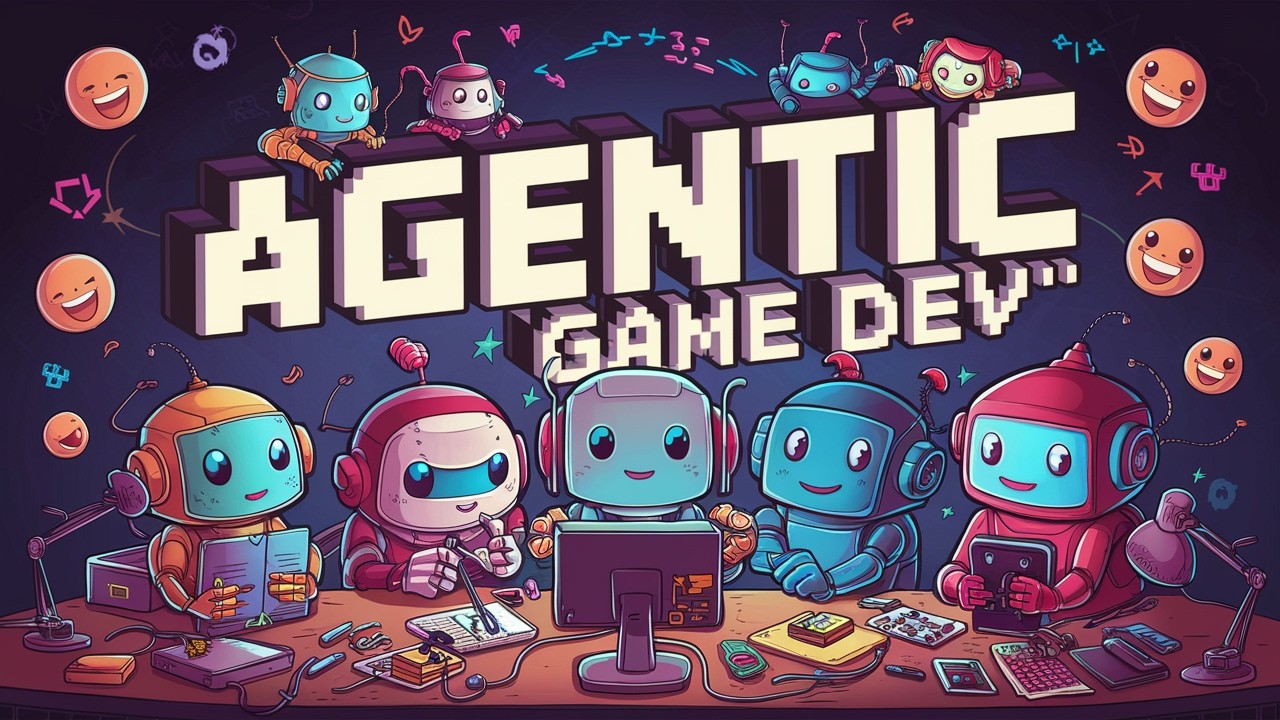The video showcases a multi-agent workflow system that autonomously develops full games using Python and Pygame. Multiple agents work in parallel to plan game structure, write code files, correct errors, and incorporate user feedback, demonstrating the system’s capability to streamline complex game development processes efficiently.
In the video, the presenter showcases a multi-agent workflow system that can autonomously develop full games using Python and Pygame. The system can generate complex games spanning over multiple files and thousands of lines of code by coordinating the actions of several agents working in parallel. Each agent is responsible for a specific task, such as planning the game structure, writing code files, error correction, and incorporating user feedback. The presenter demonstrates the system’s capability by showcasing games like Snake, Space Shooter, and Checkers, which were created using this automated workflow.
The workflow involves two planner agents discussing and planning the game structure, then generating a game plan XML file. Subsequently, multiple coding agents write separate code files based on the game plan, without knowing the contents of the other files. An error-correcting agent is then employed to identify and fix any errors in the code, followed by a user feedback agent that incorporates user input to enhance the game. The process iterates through multiple cycles of planning, coding, error correction, and user feedback to continually improve the game’s quality.
The presenter emphasizes the importance of adhering to specific guidelines throughout the game development process, such as ensuring that the game starts with a main module in the main.py file and avoiding circular imports. These guidelines help maintain the project’s structure and facilitate the smooth functioning of the automated workflow system. The system is designed to handle the complexities of multi-file projects, which would be challenging for individual developers to manage efficiently.
The video delves into the technical details of the Python code used to implement the multi-agent workflow system, highlighting functions like planning the project, writing code files, correcting errors, and incorporating user feedback. The presenter also discusses the benefits of becoming a patron, providing access to code files, courses, and one-on-one interaction opportunities. The system’s architecture allows for flexible adaptation to different project requirements by modifying the system messages and parameters, showcasing the versatility and scalability of the automated workflow system.
Overall, the video demonstrates an innovative approach to game development using a multi-agent workflow system that streamlines the process of creating complex games. By leveraging the power of multiple agents working in tandem, developers can efficiently generate games with intricate structures and functionalities. The presenter’s detailed explanation of the system’s components and functionalities provides valuable insights into how automated workflows can revolutionize the game development process and enhance productivity in software development projects.
